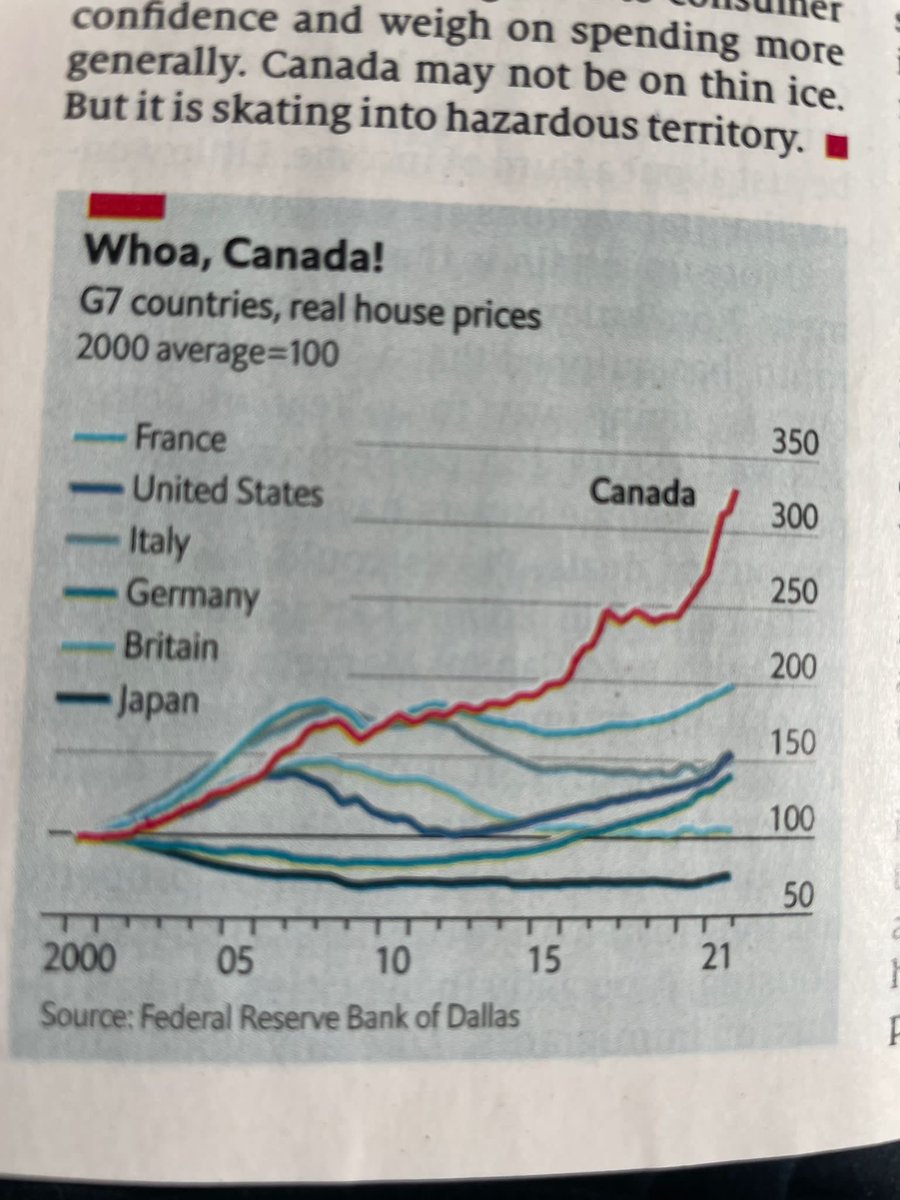
1/X Why $AMRS owns the #Synbio👑and $DNA needs a telescope to see them.
$DNA is valued at 3x $AMRS while both have comparable revenue levels and 75% of $DNA's revs relate to Covid testing which is not relevant for the long term story.
$DNA is valued at 3x $AMRS while both have comparable revenue levels and 75% of $DNA's revs relate to Covid testing which is not relevant for the long term story.
2/X Key difference is that $AMRS takes control of entire value chain from R&D to manufacturing to end product marketing (vertical approach), while $DNA focuses on R&D, i.e. designing metabolic pathway & letting partners/customers do the rest (horizontal).
3/X For $AMRS, the molecule is the product, for $DNA it is the (yeast) strain.
$DNA's horizontal approach is supposed to be a strength vs. $AMRS by freeing resources for what supposedly matters most. Reasoning that is deeply flawed. It assumes that $DNA is/will be better in R&D.
$DNA's horizontal approach is supposed to be a strength vs. $AMRS by freeing resources for what supposedly matters most. Reasoning that is deeply flawed. It assumes that $DNA is/will be better in R&D.
4/X But everything that Ginkgo claims to do, Amyris also claims to be doing. There is no way anyone (incl. the @ARKInvest gang) can truly assess the both tech platform outside-in from the bottom up. They have tried here: medium.com/ark-genomics-r…
5/X Which I have commented on in the article below.
We have to make inferences indirectly. Look at where their end products stand commercially. Look at the BS vibes radiated by Jason Kelly when he compares $DNA to $AMZN.
fallacyalarm.substack.com/p/why-is-there…
We have to make inferences indirectly. Look at where their end products stand commercially. Look at the BS vibes radiated by Jason Kelly when he compares $DNA to $AMZN.
fallacyalarm.substack.com/p/why-is-there…
6/X Look at how application focused $AMRS has been all its existence. #Synbio will likely revolutionize product design, supply chains and industrial manufacturing in many areas. But for now it is still in the proof of concept stage.
https://twitter.com/fallacyalarm/status/1520907070929006592?s=20&t=-TFjbjjcJnC5R9-QnsuM8Q
7/X It must prove it is scalable, cheaper and better than traditional tech. That is why $AMRS takes entire value creation chain in their hands with all its painful capital needs & risks, while $DNA takes easy route.
Capital light is fine until you run out of other ppl's money.
Capital light is fine until you run out of other ppl's money.
8/X I won't go into detail on $DNA's shady 3rd party equity entanglements, but in terms of the beauty of the equity participation/royalty streams: This is exactly what $AMRS is doing as well in licensing deals like with DSM which I have commented on here: fallacyalarm.substack.com/p/deconstructi…
9/X Even better, $AMRS works with established brands more experienced with product market fit than start-ups partnering with $DNA.
Preferring the horizontal approach assumes hardest part is coming up with the suitable strains and mass production of the molecules is the easy part
Preferring the horizontal approach assumes hardest part is coming up with the suitable strains and mass production of the molecules is the easy part
10/X This goes against historical evidence in multiple industries, especially in complex manufacturing. The most successful companies share their skills in having the best execution, not in having the best ideas ( $TSLA, $AMZN, $META, $AAPL). Scale best, dominate the rest.
11/11 My deep dive on $AMRS can be found in the article below. Please consider subscribing or retweeting if you like what you read, it helps a lot building reach.
fallacyalarm.substack.com/p/amyris-inves…
fallacyalarm.substack.com/p/amyris-inves…
• • •
Missing some Tweet in this thread? You can try to
force a refresh











